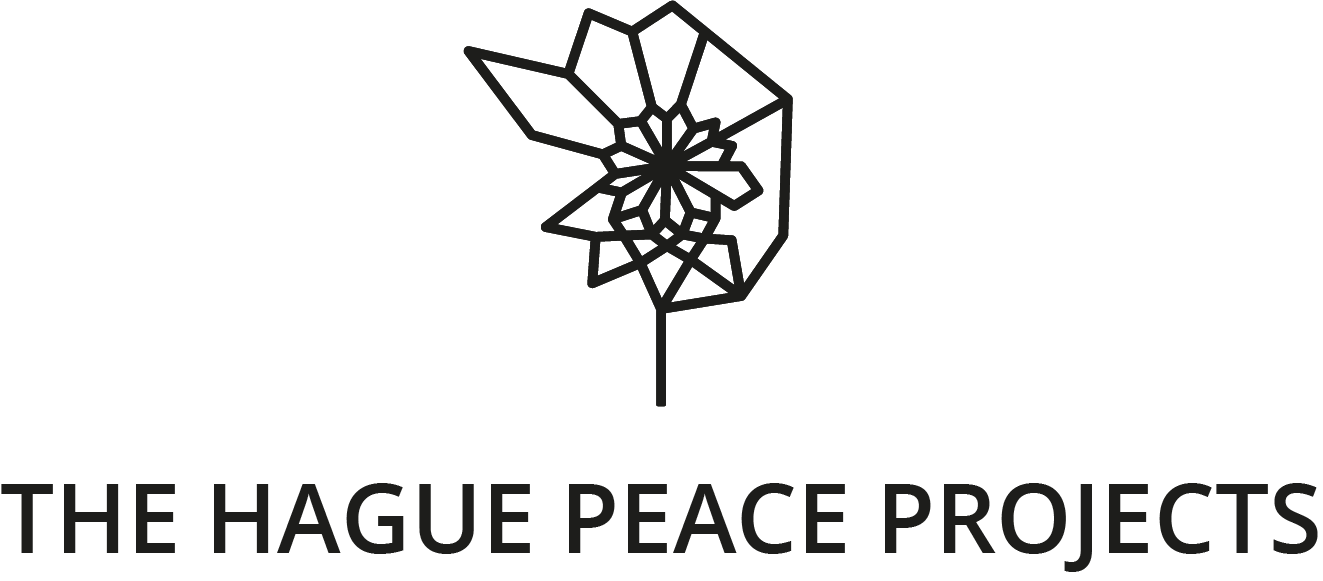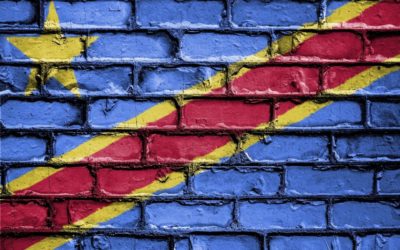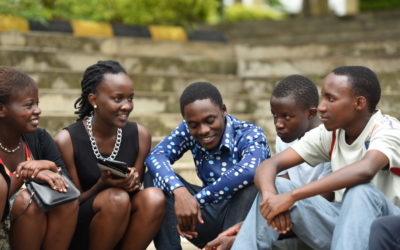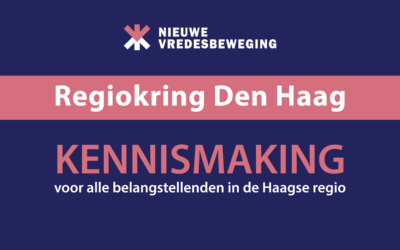Rwanda
On 14th September 2018, the Rwandan Ministers’ Cabinet approved President Kagame’s decision to grant a presidential pardon to the political prisoner Umuhoza Ingabire Victoire. In 2010, Ingabire was nominated by her political party FDU-INKINGi to run in the 2010 presidential elections. At this time, her arrival in Rwanda after several years in exile provoked strong reactions and controversies in the Rwandan political landscape. Her remark at the genocide memorial site in Gisozi turned into accusations of genocide denial. A few days later, the anti-Ingabire campaign began.
First, it was the Rwandan Agency of Information that organized a radio debate, mainly focused on Ingabire’s speech at Gisozi memorial site. Many argued that her political aims were provocative and revisionist. Shortly after, all the chambers of parliament called an information hearing to describe the true image of Ingabire. The conclusions of this session recommended an immediate judicial inquiry to be opened against her. In the same time, during an interview with a Ugandan journalist in Kampala, President Kagame denied the status of politician in Ingabire and qualified her as being the same as Alice Lakwena who founded Lord Resistance Army in northern Uganda. Early this year, asked by a journalist of TV5 why the Rwandan government known for its firm commitment to promote the female promotion threatens women who act in political opposition, the Rwandan Minister of Foreign Affairs replied that not all Rwandan women are saints. She said there are also witches.
When the Ingabire’s episode of a judicial saga started, the High Court of Rwanda sentenced her to seven years of imprisonment. The sanction was increased by the Supreme Court of Rwanda to 15 years. Recently, the African Court on Human and Peoples’ Rights issued a verdict confirming serious violations in the Ingabire trial and even recommended the government of Rwanda to compensate her. But it should be noted that the government decided to withdraw from the protocol that grants immediate access to Rwandan citizens to bring an action before this court without the government’s prior approval. The Rwandan Minister of Justice accused this court of being instrumentalized by the genociaries. At the beginning of Ingabire’s trial in the High Court, it was reported that she had addressed a letter asking President Kagame for forgiveness. However, she later denied it. Has she asked pardon again? At this time, nothing was said if she has asked for forgiveness once more! In practice, among the charges brought against her, the crime of undermining national security excludes her from the persons who could be pardoned by the President of the Republic.
What does her release mean for the political context in Rwanda? Although the decision of the African Court of Human and Peoples’ Rights recognised her profile as a political personality arrested on basis of her ideas, the Rwandan government did not want to implement it. However, it is quite possible that pressures and other different dynamics pushed the government to find ways to get her out of prison not as a victim of a judicial travesty, but as a convicted person who will no longer be able act on the political scene. In this regard, the liberation of Ingabire shows no sign of democratic progress in Rwanda. The political space in the country remains closed.
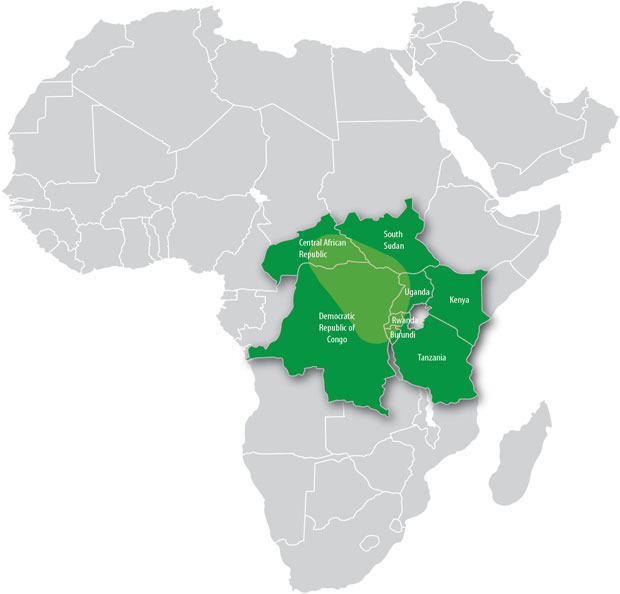
The Great Lakes Region
By Akayezu Muhumuza Valentin
Rwandan Human Rights Activist
